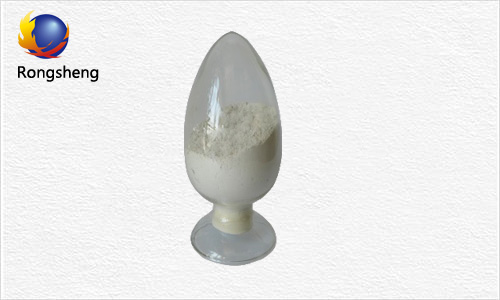Corundum Mortar
1. Good plasticity and convenient construction;
2. High bonding strength and strong corrosion resistance;
3. High refractoriness, up to 1650℃±50℃;
4. Good resistance to slag invasion;
5. Good thermal exfoliation.
Refractory mortar is composed of refractory powder, binder and admixture. Almost all refractory raw materials can be made into powder used to prepare refractory mortar. The ordinary refractory clay made by adding refractory clinker powder and an appropriate amount of plastic clay as a binder and plasticizer is called ordinary refractory clay. The chemically bonded refractory clay, which uses hydraulic, air-hardened or thermosetting bonding materials as the bonding agent, is hardened by a certain chemical reaction before it is lower than the ceramic bonding temperature.
The particle size of refractory mortar varies according to the requirements of use, and its limit particle size is generally less than 1mm, and some are less than 0.5mm or finer.
The material of refractory mortar should be considered consistent with the material of refractory products of masonry. In addition to being used as a jointing material, refractory mortar can also be used as a protective coating for the lining by painting or spraying.
Characteristics and application of refractory mortar:
1. Good plasticity and convenient construction;
2. High bonding strength and strong corrosion resistance;
3. High refractoriness, up to 1650℃±50℃;
4. Good resistance to slag invasion;
5. Good thermal exfoliation. Refractory mortar is mainly used in coke ovens, glass furnaces, blast furnace hot blast stoves, and other industrial furnaces
Rongsheng refractory produce corundum mortar and corundum brick to build blast furnace lining.
The Corundum Mortar Specification
| Propertie |
Unit |
Guaranteed Values |
| Al2O3 min |
% |
85.0 |
| Fe2O3, max |
% |
1.00 |
Grain Size,
≥0.5 mm
≥0.076 mm |
% |
≤1.0
≥ 85
|
Cold Crushing Strength, min.
at
110°C/24 hrs.
1100°C/3 hrs.
|
N/mm2
|
2.0
6.0 |


